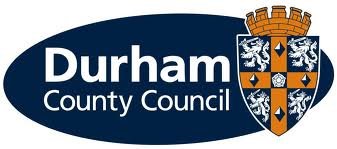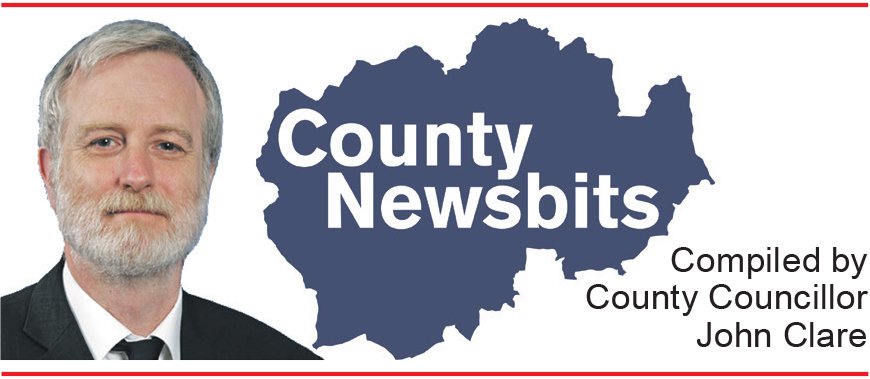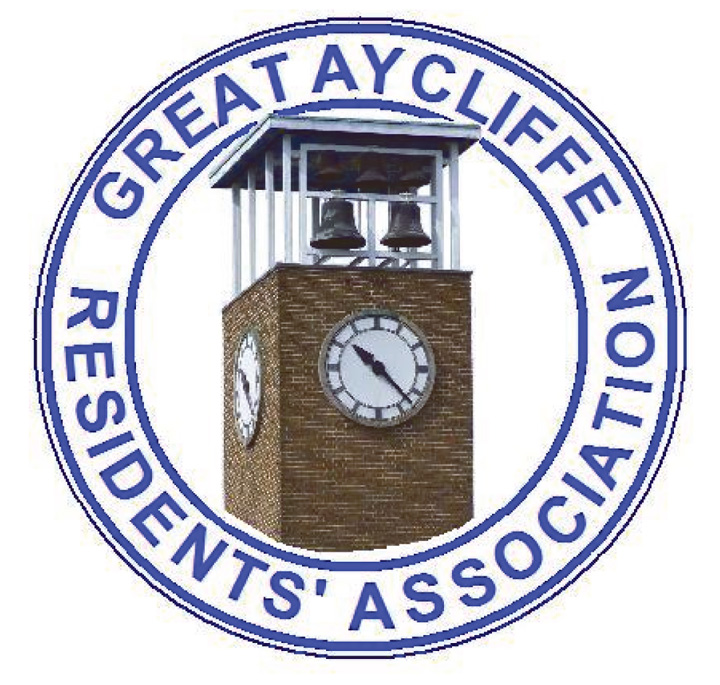Durham Police, and Victims’ Commissioner, leads the way in providing victims of crime with access to high quality Restorative Justice
Durham has been cited as an example of best practice in an influential national Report published by charity ‘Why me?’ to coincide with national Restorative Justice Week.
The Valuing Victims Report examines levels of funding for Restorative Justice and outcomes for victims in each police force area across England and Wales.
Restorative Justice involves the victim and the offender – both must be willing to take part – and it can take the form of a face-to-face meeting or a written exchange managed by a trained facilitator. The process can be about getting answers, a step to aid recovery for the victim and enabling the offender to understand the impact of their actions.
Ron Hogg the Police, Crime and Victims’ Commissioner for Durham, emerges within the top ten highest funders of restorative justice amongst Police and Crime Commissioners. Durham invests £2.24 per recorded crime into Restorative Justice as part of its wider provision to support victims and survivors.
Director of Why me? Lucy Jaffé said: “Durham is leading the way in delivery of high quality restorative justice services for victims of crime. Victims of crime are being supported and empowered.
This is in contrast to victims of crime in other parts of England and Wales who still face a postcode lottery of access to restorative justice. Fewer than 5% of victims in England and Wales are aware of their right to request Restorative Justice according to the Office of National Statistics.”
Police, Crime and Victims’ Commissioner Ron Hogg said:
“The impact of taking part in restorative justice is personal to each victim. Many feel a great sense of relief after meeting their offender, as if a weight had been lifted from their shoulders, and they are able to get on with their lives.”










